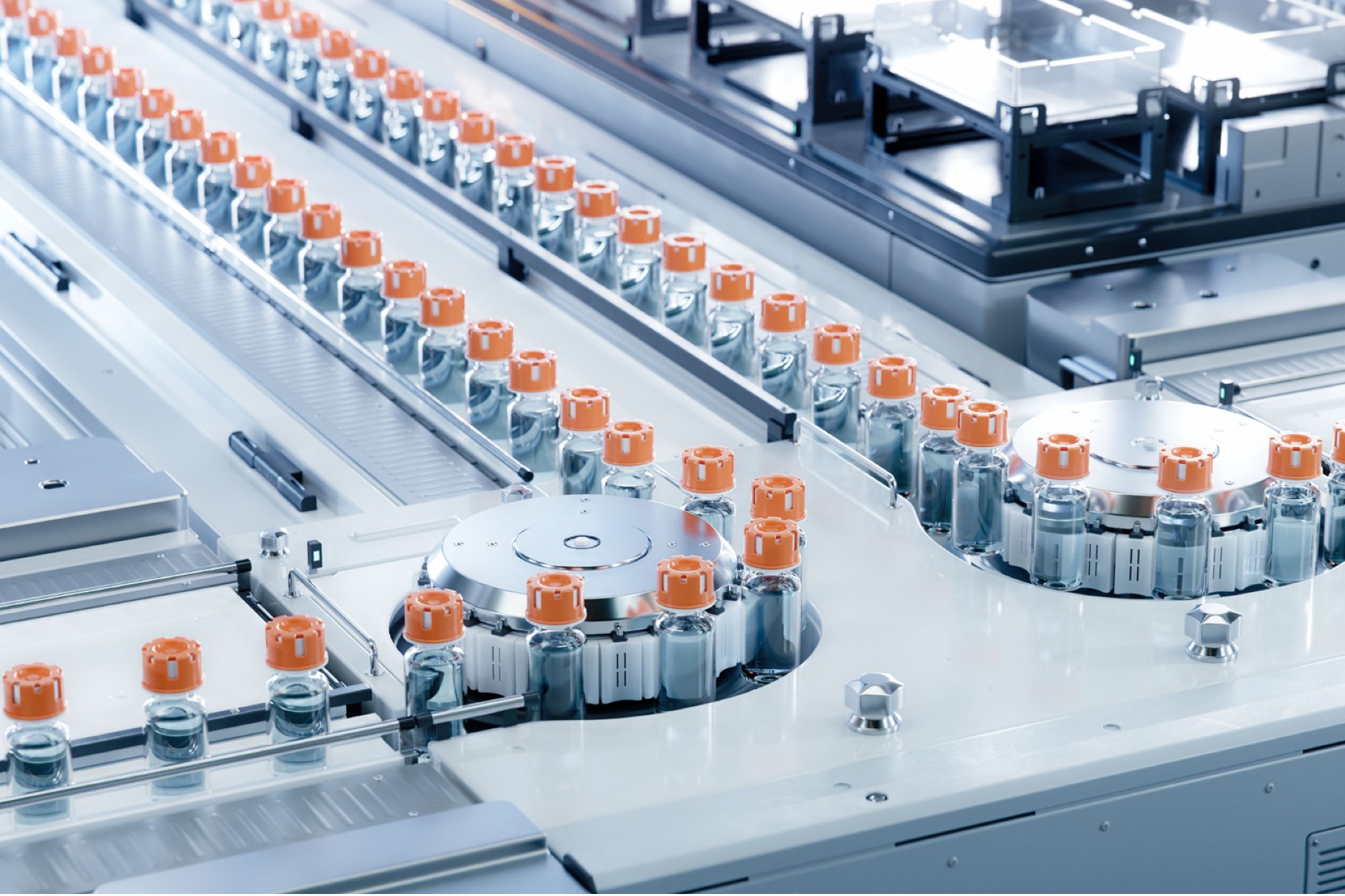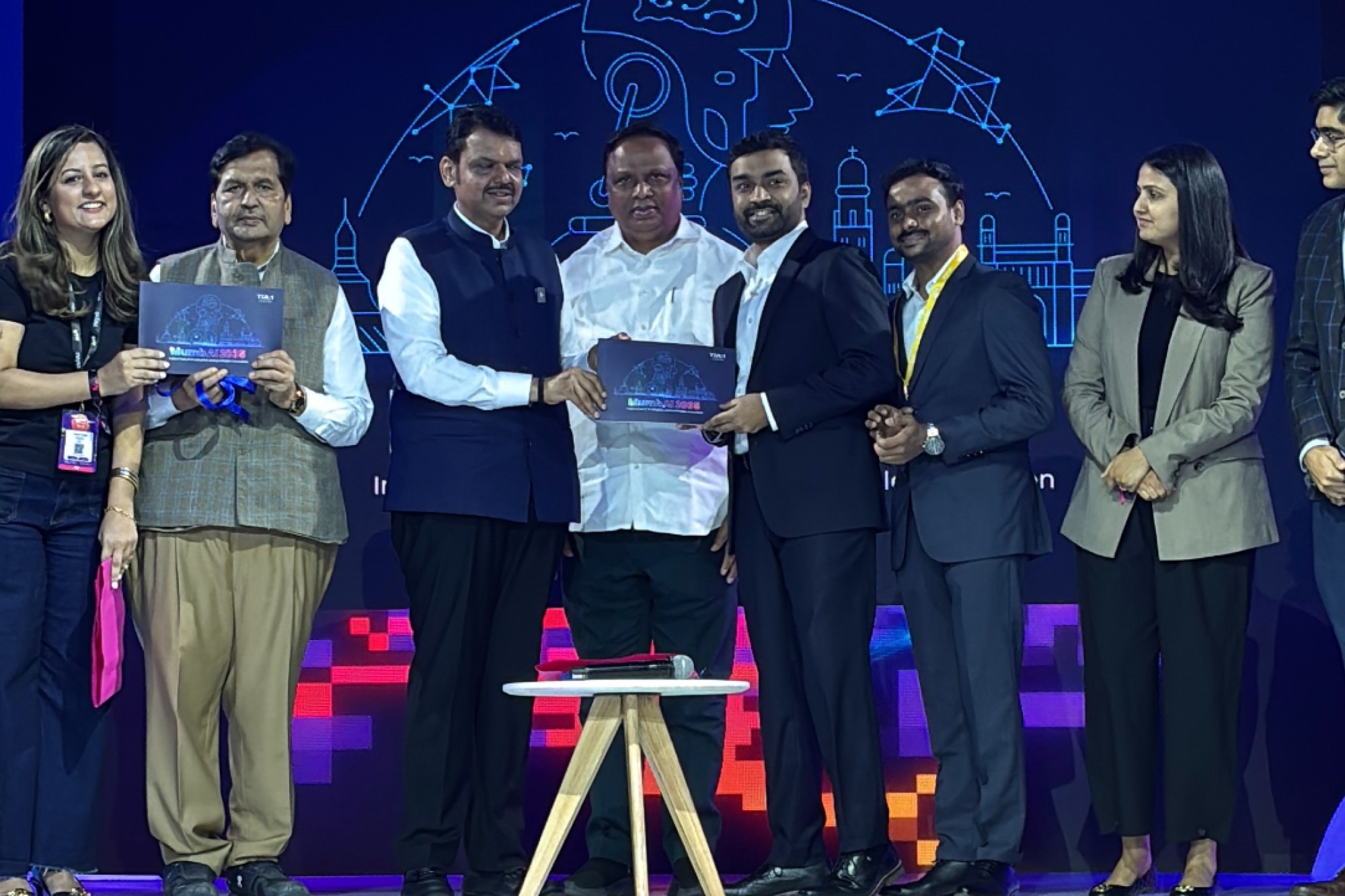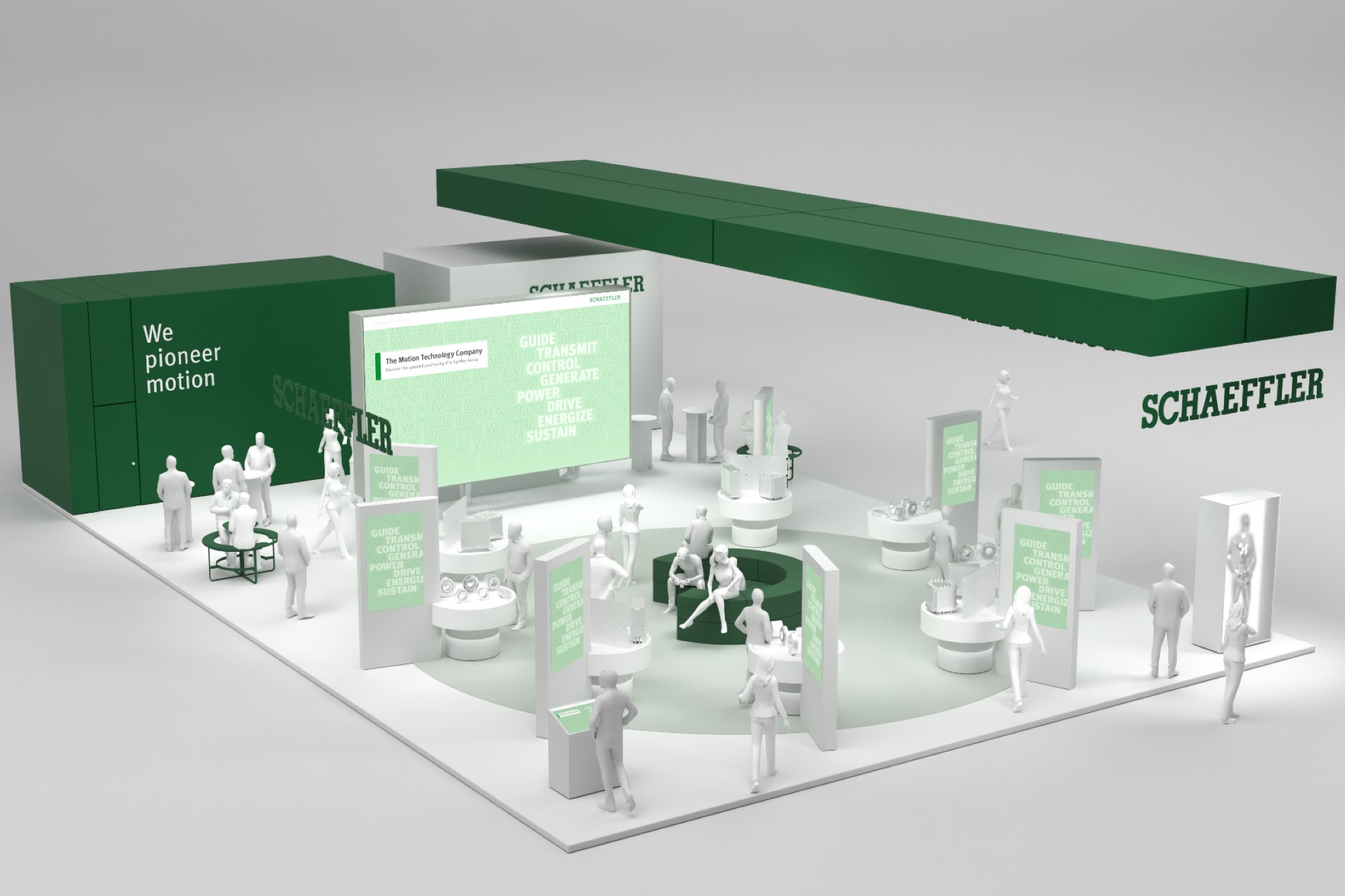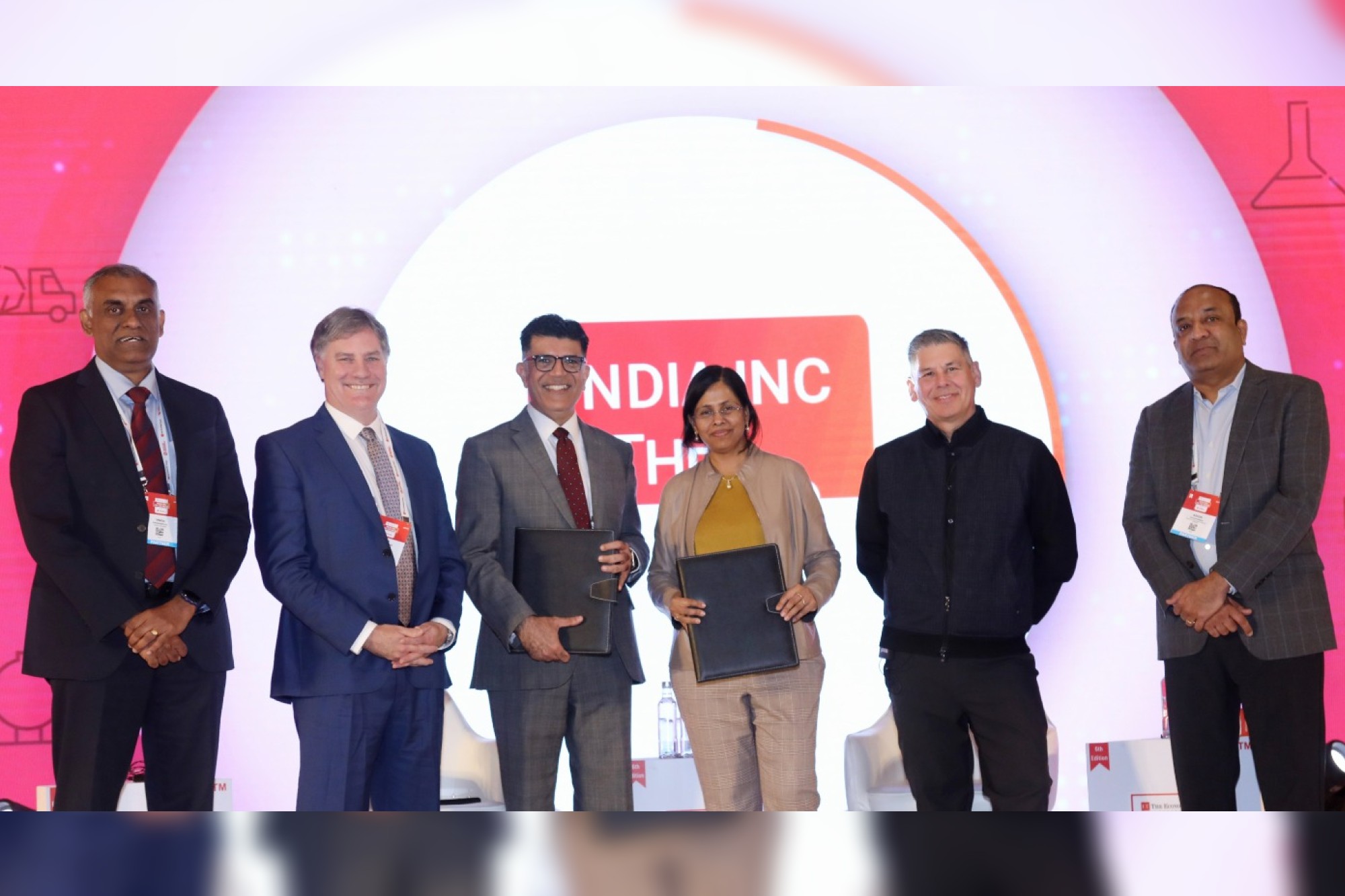Gearing up for cost leadership with quality focus: Gears, motors and transmission
By OEM Update Editorial May 7, 2020 7:01 pm IST
With the gear, motor and transmission market performing well, industry leaders work on improving cost efficiency without compromising on quality.
Gears and motors are a fairly well-established technology, and recently, there has been renewed interest in gear-motors, following a trend in integrated systems in general. More specifically, rising energy costs are driving the demand for improved process efficiencies. This presents an opening for gear-motors that can be used in a variety of applications and represents a tremendous opportunity for global energy savings.
Market performance of gear, motor and transmission segments
A gear-motor delivers high torque at low horsepower or low speed. The speed specifications for these motors are normal speed and stall-speed torque. These motors use gears, typically assembled as a gearbox, to reduce speed, which makes more torque available. Gear-motors are most often used in applications that need a lot of force to move heavy objects. Asia-Pacific is estimated to be the largest market for gear-motors, with China expected to lead the market in terms of growth rate from 2016 to 2021. The increasing investments in renewable energy, especially wind power generation, and industrialisation in countries such as China, Japan, and India have propelled the growth of the market in the region. The gear-motor industry is expanding in developing countries, owing to rising industrialisation and infrastructural development activities. Increasing wind power installations and the low cost and compact nature of the equipment are major factors driving the global gear-motor market.
The gear, motor and transmission segments which are moving towards mobility will stay stable for the foreseeable future. However, with respect to the automotive and machine tool markets, they could see a reverse effect due to the reduction in number of engine units because of the rise of battery-driven units. “This will impact the associated industries as well, for instance, the tooling required for the connecting rods and piston. The volume of such tooling required will go down,” explained Karthik Shankaran, Chief Innovation Officer, Detroit Engineered Products. The growth or slowdown of the construction industry heavily depends on the infrastructure spending from the government.
New technological innovations in light of National Technology Day
Observed every year on 11th May, National Technology Day acts as a reminder of India’s technological advancements. Every year the Technology Development Board of India (a statutory body) commemorates the day by awarding individuals with the National Award for their contribution. Notably, on this day in 1998, India successfully tested a series of nuclear weapons at the Indian Army’s Pokhran Test Range in Rajasthan as part of Operation Shakti or Pokhran-II, which was led by former President late Dr APJ Abdul Kalam. “Naturally, the whole world is looking forward to the technological innovations in the medical devices and the pharmaceutical sector. We can expect to see big news coming on these fronts. And in my opinion, the current remote working lifestyle has been a step back for even the manufacturing industry to look at how to keep industries running with minimum power and maximum efficiencies. It could be interesting to see what comes up. What I personally am really looking forward to is how mankind has seen the impact on the environment of reduced ecological consumption. Hopefully, this can result in some innovations in sustainable living, with healthier and eco-friendly living driving some indigenous solutions,” said Shankaran.
These technological and process developments are aplenty in the gear, motor and transmission segments. Conceptually, motors and gearboxes can be mixed and matched as needed to best fit the application, but in the end, the complete gear-motor is the driving factor. There are a number of motors and gearbox types that can be combined; for example, a right angle worm-gear, planetary and parallel shaft gearbox can be combined with permanent magnet DC, AC induction, or brushless DC motors. Though there are a number of different motor and gearbox combinations available, not just any one will work for any application. Certain combinations are efficient and cost-effective than others. Knowing the application and having accurate ratings for the motor and gearbox is the foundation for successfully integrating a gear-motor into a system.
A good way to improve the cost efficiency of such segments is to expand the use of the components and adapt them to as many secondary applications as possible. For instance, a gear manufacturer who may be manufacturing a gear for X application should try to find Y and Z applications which can use the same gears or manufacturing moulds in other industries or segments. More derivatives of the same product and diverse applications of the same platform should be the focus. As soon as volumes get higher, naturally the profit margins get better.
Market projection for gears, motors and transmission
Discussing how the segments will perform in the next two years, Shankaran concludes, “It is going to be a challenging time ahead. Automotive volumes as a trend are going down due to connected mobility and shared mobility. Automotive volumes will most likely continue to roughly remain the same, in about the 10 percent range. The automotive industry will have to focus heavily on aftermarket sales and services to remain relevant.” Industries will have to balance their portfolio and work on a diverse product range to cater to a larger customer base in order to stay sustainably profitable in the coming years.
Cookie Consent
We use cookies to personalize your experience. By continuing to visit this website you agree to our Terms & Conditions, Privacy Policy and Cookie Policy.



















